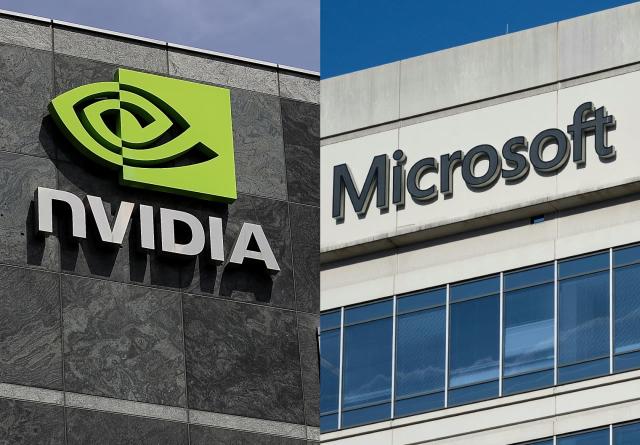
Rocket startup Gilmour Space Technologies, otherwise known as Gilmour Space has secured a seed round of A$5 million (about US$3.7 million) led by Australian venture capital firm Blackbird Ventures, with additional backing from 500 Startups.
“This is a small engineering company with great technology and big ambitions,” said Blackbird co-founder and lead investor, Rick Baker. “With this capital round, we believe that they could ramp up to become a leading launch provider based in Australia.”
The firm, started by Adam Gilmour and his brother Jason in 2013, was initially set up to build spacecraft simulators for Gilmour Space Corporation which provides space education. It was in early 2015 that the company began its rocket businesses which later grew dominant.
Gilmour Space’s operations are currently found across Singapore and Australia, with 17 engineers and five management staffs. It aims to provide affordable space launch services to the region’s fast-growing small satellite industry.
Smallsats are small satellites deployed around the Earth that weigh less than 500 kg. This can include the highly sophisticated scientific payloads as well as the tiny nano/CubeSats which can be used to enhance global coverage and connectivity for space-based communications, deeper earth observations, and applications for the Internet of Things.
“Today’s small satellites are getting smaller, cheaper, and a lot more capable, and they are changing our perception of what’s possible in space,” explained Gilmour Space CEO and Founder, Adam Gilmour.
While substantial amounts of money will go into R&D, specifically for the hybrid-engine rockets that use additively manufactured (or 3D printed) fuel as well as test launches, Gilmour notes that having good technology will help keep costs low and investors interested.
“I financed the company quite a bit by myself at the beginning but this latest funding round with investors such as Blackbird Ventures and 500 Startups will last us for another three years and get our technology to a stage where we can go for another round,” Gilmour said.
In another development, the space tech company expects to launch its first commercial rockets to suborbital space by the end of 2018, and to Low Earth Orbit (or LEO), the area between 160 km and 2,000 km in which most satellites orbit, by 2020.
“Our Eris orbital launch vehicle will be able to take up to 380 kg to LEO, and more dedicated and low-cost small payload launches would enable even smaller players to make a business case for space,” Gilmour said.
Aside from designing rockets, Gilmour Space also develops test labs for space life support systems, and high-fidelity space simulators and replicas. The startup was also recently awarded a grant by Singapore’s National Additive Manufacturing Innovation Cluster (NAMIC) to develop aerospace-related 3D printing capabilities with the Singapore University of Technology & Design (SUTD).











